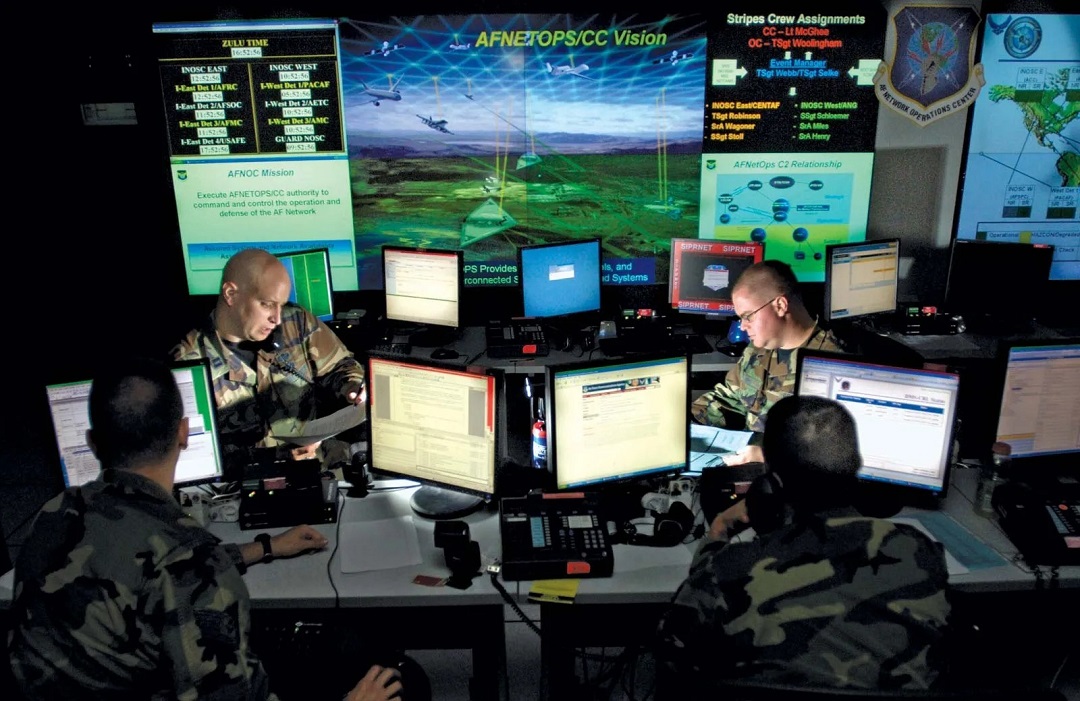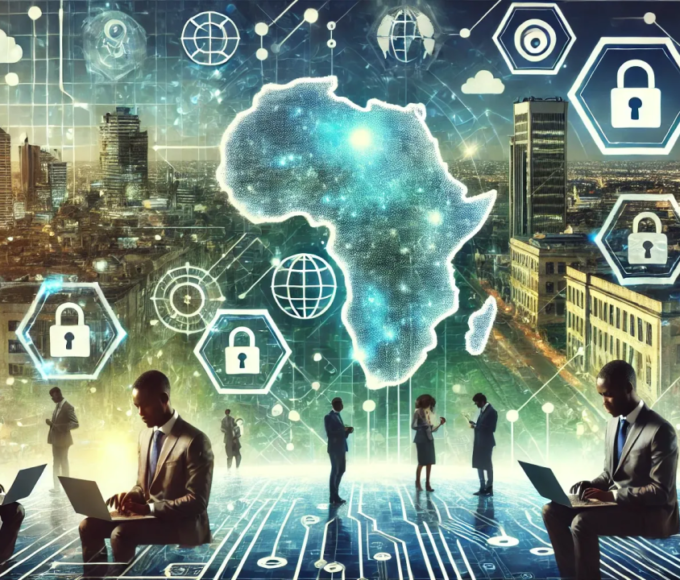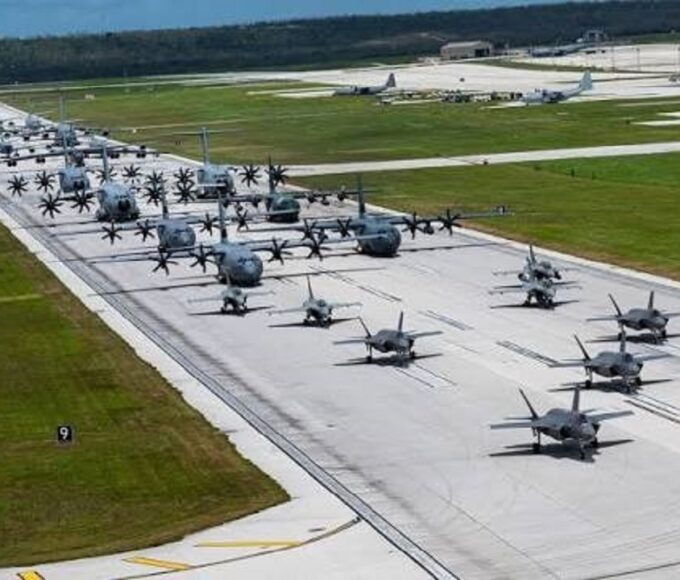
MILITARY ESPIONAGE IN THE DIGITAL AGE
Military espionage has undergone a dramatic transformation in the digital era. What was once carried out through covert human operations has shifted to sophisticated cyber intrusions, where states exploit weaknesses in computer networks to steal sensitive information without crossing physical borders. Cybersecurity has become the frontline defence, as governments increasingly depend on digital infrastructure for command, control, and intelligence gathering. This reliance on digital systems has blurred the distinction between wartime and peacetime activities, making cyber espionage a constant and powerful tool in global competition for strategic advantage.
Traditional espionage, based on spies, informants, and physical infiltration, has largely been replaced by cyber methods that provide anonymity, speed, and scalability. The rise of Chinese hacking groups in the early 2000s demonstrated this change. Initially composed of amateur hackers, these groups were soon integrated into state-sponsored operations, creating the foundations of modern digital spy networks. Today, cyber espionage targets not only military intelligence but also industrial secrets and cutting-edge technologies, illustrating how digital tools have vastly extended the reach of intelligence agencies.
Related Article: AI AND AFRICA’S MILITARY INTELLIGENCE: PROMISE AND PERIL IN A TRANSFORMING SECURITY LANDSCAPE
The methods used in cyber espionage are diverse and continually evolving. Techniques such as phishing campaigns, malware deployment, and supply chain attacks allow intruders to bypass defences and gain access to secure systems. Particularly concerning are Advanced Persistent Threats, or APTs, which enable attackers to remain inside networks undetected for long periods. By silently monitoring and extracting information, these threats compromise data on weapons systems, nuclear programs, and strategic communications. Many of these intrusions are supported by nation-states, which deploy advanced resources, artificial intelligence, and zero-day exploits to stay ahead of conventional cybersecurity defences.
Among the countries most active in military cyber espionage, China, Russia, and North Korea stand out. China has been repeatedly accused of stealing U.S. military technologies through breaches of defence contractors and government networks, using these operations to accelerate its own weapons development. Russia, by contrast, frequently blends cybercrime with state interests, employing malware for both espionage and sabotage. Its operations often aim to destabilize rival governments or gather intelligence while simultaneously enabling criminal networks. North Korea focuses heavily on nuclear and military secrets in an effort to strengthen its banned weapons programs, relying on cyber operations as a cost-effective tool for achieving strategic parity despite limited conventional resources.
Several incidents illustrate the scale and severity of these activities. Russia’s wide-ranging cyberattacks against Georgia, which targeted government institutions and infrastructure, revealed the potential for sabotage of critical systems during political conflicts. In 2024, coordinated efforts by the United States and Microsoft led to the seizure of more than 100 domains linked to Russian espionage campaigns, highlighting the global reach and persistence of these operations. Joint advisories from the United States, the United Kingdom, and South Korea have also exposed North Korea’s attempts to penetrate military networks and steal classified information from allied nations, underscoring the international nature of the threat.
Governments have responded by developing more robust cybersecurity strategies. National defence frameworks increasingly integrate civilian and military expertise, reflecting the understanding that cyber defence cannot be confined to one sector alone. Artificial intelligence is being employed to detect and counter intrusions more quickly, while nations are investing in digital sovereignty measures designed to secure critical sectors such as defence, energy, and space infrastructure. These measures aim to prevent both espionage and potential sabotage, recognizing that the same tools used to steal data can also be weaponized to disrupt essential services.
The implications of cyber espionage extend well beyond the theft of secrets. It erodes trust between nations, fuels diplomatic tensions, and increases the likelihood of conflict spilling into new domains, including outer space. Economic stability is also at risk, as the theft of industrial designs and intellectual property undermines innovation and competitiveness. These challenges have prompted repeated calls for international rules and norms to govern behaviour in cyberspace, but agreement remains elusive, as powerful states often view cyber espionage as too valuable to restrict.
Military espionage has always been a contest of skill, secrecy, and adaptation. In the digital age, it has become faster, more expansive, and harder to contain. The rise of cyber espionage reflects not only the growing dependence of modern societies on interconnected networks but also the enduring drive of states to outmanoeuvre their rivals. As digital tools evolve, so too will the contest for information dominance, ensuring that cyber espionage remains at the heart of global security challenges for decades to come.
King Richard Igimoh, Group Editor ALO
King Richard Igimoh, Group Editor African Leadership Organisation is an award-winning journalist, editor, and publisher with over two decades of expertise in political, defence, and international affairs reporting. As Group Editor of the African Leadership Organisation—publishers of African Leadership Magazine, African Defence & Security Magazine, and Africa Projects Magazine—he delivers incisive coverage that amplifies Africa’s voice in global security, policy, and leadership discourse. He provides frontline editorial coverage of high-profile international events, including the ALM Persons of the Year, the African Summit, and the African Business and Leadership Awards (ABLA) in London, as well as the International Forum for African and Caribbean Leadership (IFAL) in New York City during the United Nations General Assembly.
Recent Posts
Categories
- Air & Aerospace17
- Border Security15
- Civil Security6
- Civil Wars4
- Crisis5
- Cyber Security8
- Defense24
- Diplomacy19
- Entrepreneurship1
- Events5
- Global Security Watch6
- Industry8
- Land & Army9
- Leadership & Training5
- Military Aviation7
- Military History27
- Military Speeches1
- More1
- Naval & Maritime9
- Policies1
- Resources2
- Security12
- Special Forces2
- Systems And Technology9
- Tech6
- Uncategorized6
- UNSC1
- Veterans7
- Women in Defence9
Related Articles
RETHINKING HUMAN SECURITY IN AFRICA’S CHANGING DIPLOMATIC LANDSCAPE
Africa’s diplomatic and security thinking is undergoing a quiet but significant shift....
ByKing Richard Igimoh, Group Editor ALODecember 30, 2025AFRICA’S CYBERSECURITY STANDING IN A HIGH-RISK DIGITAL AGE
Africa’s rapid digital expansion has brought economic opportunity, but it has also...
ByKing Richard Igimoh, Group Editor ALODecember 29, 2025SKIES OF ALLIANCE: HOW JOINT AIR EXERCISES RESHAPED GLOBAL AEROSPACE SECURITY IN 2025
From July 10 to August 8, 2025, the U.S. Pacific Air Forces...
ByKing Richard Igimoh, Group Editor ALODecember 16, 2025AFRICA’S DIGITAL FORTRESS: HOW THE CONTINENT IS BUILDING CYBERSECURITY LAWS IN AN AGE OF RANSOM AND ESPIONAGE
From Cape Town to Cairo, African governments are racing to enact cybersecurity...
ByKing Richard Igimoh, Group Editor ALONovember 24, 2025












